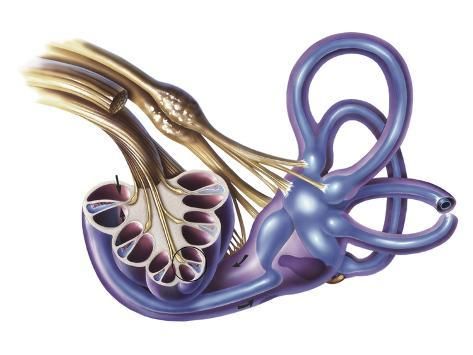Amyotrophic Lateral Sclerosis: What Is It, Symptoms & Management
Introduction
Amyotrophic Lateral Sclerosis (ALS) is a progressive neurodegenerative disease that affects nerve cells in the brain and spinal cord, leading to loss of muscle control. Often referred to as Lou Gehrig’s disease, ALS does not have a known cure, making understanding its symptoms and management crucial for those affected.

Understanding ALS
ALS is characterized by the gradual degeneration and death of motor neurons. This section delves into the biology of the disease and its progression.
Recognizing the Symptoms
Early symptoms of ALS can be subtle and vary from person to person. This section outlines the common signs to watch for, such as muscle weakness, twitching, and difficulty speaking or swallowing.
Navigating Management and Treatment
While there is no cure for ALS, certain strategies can help manage symptoms. This section explores treatment options, physical therapy, and assistive technologies that can improve quality of life.
Living with ALS
Living with ALS presents unique challenges. Here, we discuss support systems, coping mechanisms, and community resources available to patients and caregivers.





